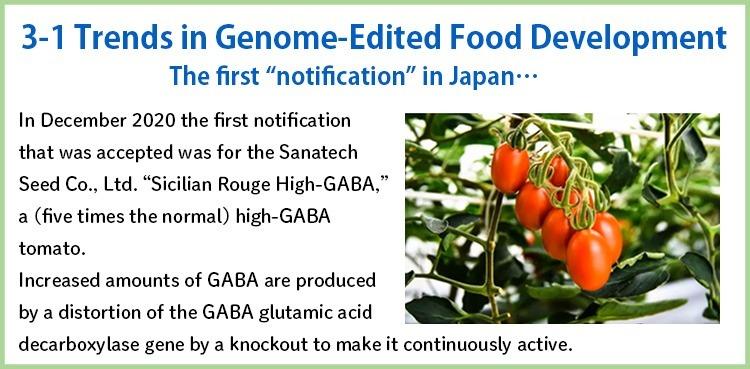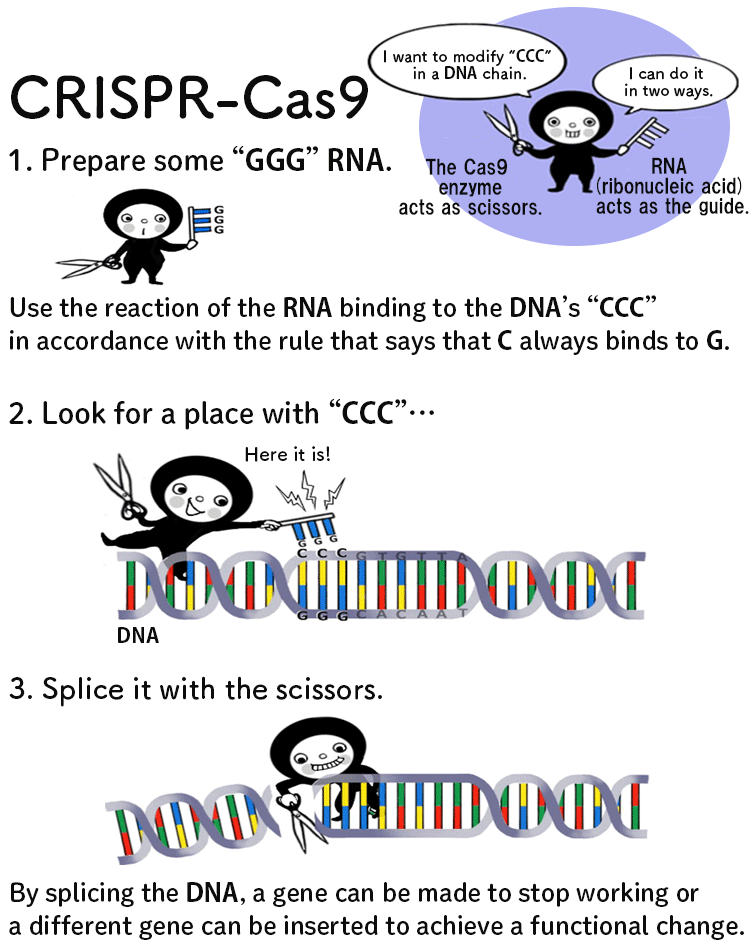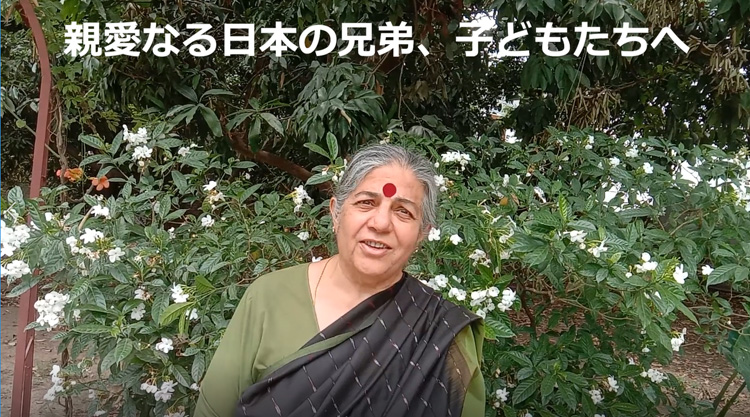Preventing the Distribution of Gene-Edited Tomato
Genome Editing Study Meeting Held to Prevent the Distribution of Genome-Edited Tomato Seedlings to Elementary Schools
In our “10 Principles for Seikatsu Club Consumer Materials,” Seikatsu Club takes as its basic stance not to accept genome-edited raw materials in our consumer materials, and declared that “We oppose the genetic modification of food, which is inimical to bioethics and facilitates corporate dominance.” On August 4, with Standing Director of Seikatsu Club Consumers’ Co-operative Union Maeda Kazuki as speaker, we held an online Genome Editing Study Meeting that was attended by 400 people nationwide.
Genome-Edited Foods have Begun to Appear on the Market
Genome-edited foods, provided they have not had genes from other organisms inserted into them, can be marketed without any restriction or mandatory labelling simply by submitting a notification to the government. Whether or not to submit the notification is left to the judgement of the business and there is no penalty for a failure to notify. What has occurred in this situation is that a notification for a high-GABA-containing tomato developed by Sanatech Seed Co., Ltd., a venture launched by Tsukuba University, was accepted by the Japanese government in December 2020. Following this, notifications were also accepted in 2020 for a red sea bream with increased edible flesh and fast-growing pufferfish developed by a start-up from Kyoto University, Regional Fish. These genome-edited foods are mainly being marketed online. Sanatech Seed has also announced that it plans to distribute its genome-edited tomato seedlings to elementary schools in 2023.

In light of this situation, the issues of what genome editing technology is, development trends, Japan’s regulations, and Seikatsu Club’s responses were explored along with the participants at the study meeting. In addition, activities have begun in each of the regions to prevent distribution of the genome-edited tomato seedlings to elementary schools. This study meeting was also held as a kickoff event for the activities, which are expected to get seriously underway in the fall.
We will not Accept Genome-Edited Food – Sharing the Seikatsu Club’s Basic Stance
Almost all genome-edited foods currently being researched and developed are so-called "knockouts," which either cause an organism to overexpress or suppress certain traits by preventing the expression of a gene. For example, the high-GABA tomato uses genome-editing technology to destroy the adjustment of the synthesis of GABA, manipulating it so that GABA is continually synthesized. The speaker, Mr. Maeda, having explained about the technology, said, "Organisms seek out a kind of equilibrium in all aspects of their lives. For example, if muscle tissue increases by a certain amount, the organism has a function that prevents excess muscle growth. It’s just as if they have a mechanism to regulate themselves according to the saying ‘too much is as bad as too little,’" pointing out that genome-editing technology disrupts important balances that work to maintain healthy life.

This is the mechanism of CRISPR-Cas9, which has brought about a rapid expansion of genome-editing technology. In the illustration, RNA expressed here by using the three letters “GGG” or “CCC” are, in fact, much longer, with around 100 letters. As a large number of identical tools are used at the same time, there is a high risk of the DNA being spliced in locations other than the one being targeted.
Regarding Seikatsu Club’s measures against genome editing, we introduce here the measures based on the special resolution adopted by the SCCCU Annual General Meeting in 2019, which states, "We express our concern regarding the commercial distribution of genome-edited foods and will push forward with producers to take countermeasures." While utilizing the traceability system developed by Seikatsu Club to eliminate genetically modified (GM) raw materials, we also indicated our intention to eliminate genome-edited foods from raw materials for consumer materials. As we have concluded a “long-term seed supply agreement” with seed companies for corn feed imported from the United States, we aim to secure both non-GMO seeds and non-genome-edited corn. Mr. Maeda emphasized the importance of expanding union membership and mobilizing members to consume the corn, saying, "The key to renewing the agreement is stable growth in purchasing power."
The Free Distribution of Genome-Edited Seedlings to Elementary Schools is a Violation of Children’s Rights
In the Q&A session following the speech, many questions were asked and opinions given about how we should take action to oppose the free distribution of the genome-edited tomato seedlings to elementary schools. Mr. Maeda said that it was important to look at the issue from the viewpoint of defending “the rights of children” to avoid having these genome-edited tomatoes, for which safety assessments have not been carried out and over which public opinion is divided, forced on elementary school children who do not have the right to choose whether they want them or not.
A video message sent to us from the world-renowned environmental activist Vandana Shiva before the study meeting was screened after the talk by Mr. Maeda. Vandana Shiva gave us this powerful message of encouragement: “This (genome-edited tomato seedling) initiative must be stopped, and I totally support Seikatsu Club for its movement to keep preventing GMOs from entering the diet and the farms of the Japanese people.”
The following opinions were included among the many expressed by the participants: “I was able to understand well the difference between genome editing and genetic modification,” “I felt a sense of global solidarity in standing up to this issue from Vandana Shiva’s message,” and I do not want to eat food that has been genome edited. Labeling food is crucial for enabling us to have a choice.”
A video message sent to us from the world-renowned environmental activist Vandana Shiva before the study meeting was screened after the talk by Mr. Maeda. Vandana Shiva gave us this powerful message of encouragement: “This (genome-edited tomato seedling) initiative must be stopped, and I totally support Seikatsu Club for its movement to keep preventing GMOs from entering the diet and the farms of the Japanese people.”
The following opinions were included among the many expressed by the participants: “I was able to understand well the difference between genome editing and genetic modification,” “I felt a sense of global solidarity in standing up to this issue from Vandana Shiva’s message,” and I do not want to eat food that has been genome edited. Labeling food is crucial for enabling us to have a choice.”
Published on August 26, 2022
生活クラブをはじめませんか?
42万人が選ぶ安心食材の宅配生協です
ウェブ加入限定 無料プレゼント







